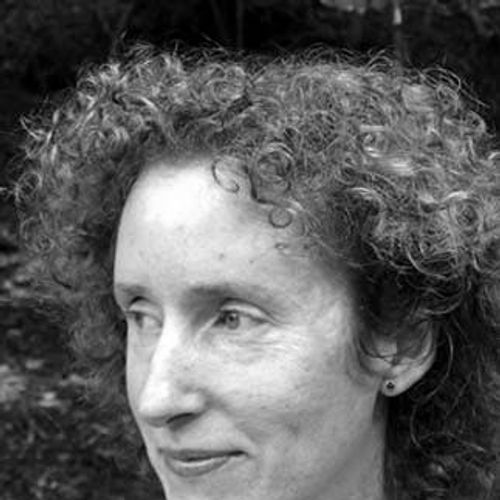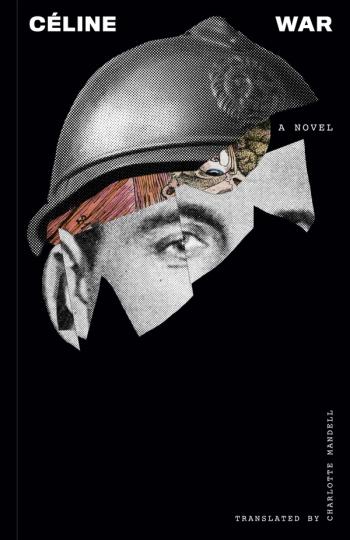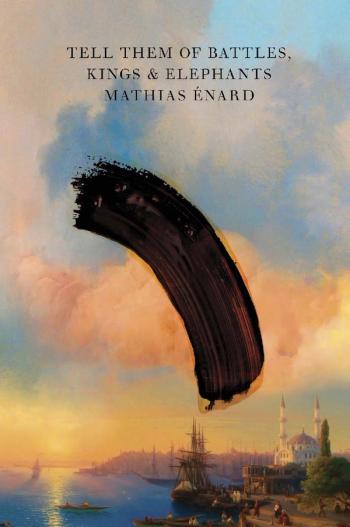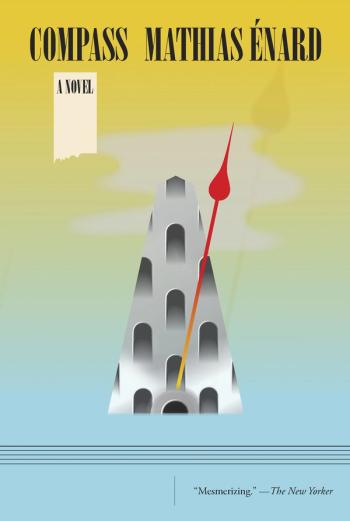Charlotte Mandell
A Chevalier des Arts et Lettres, Charlotte Mandell has translated over forty books from the French, including works by Flaubert, Proust, and Genet. In 2001 she received a translation prize from the Modern Language Association for her translation of Faux Pas by Maurice Blanchot, in 2010 her translation of Zone by Mathias Énard received a translation grant from the National Endowment for the Arts, and in 2018 she won the National Translation Award in Prose for her translation of Compass by Énard. She lives in the Hudson Valley with her husband, the poet Robert Kelly.



